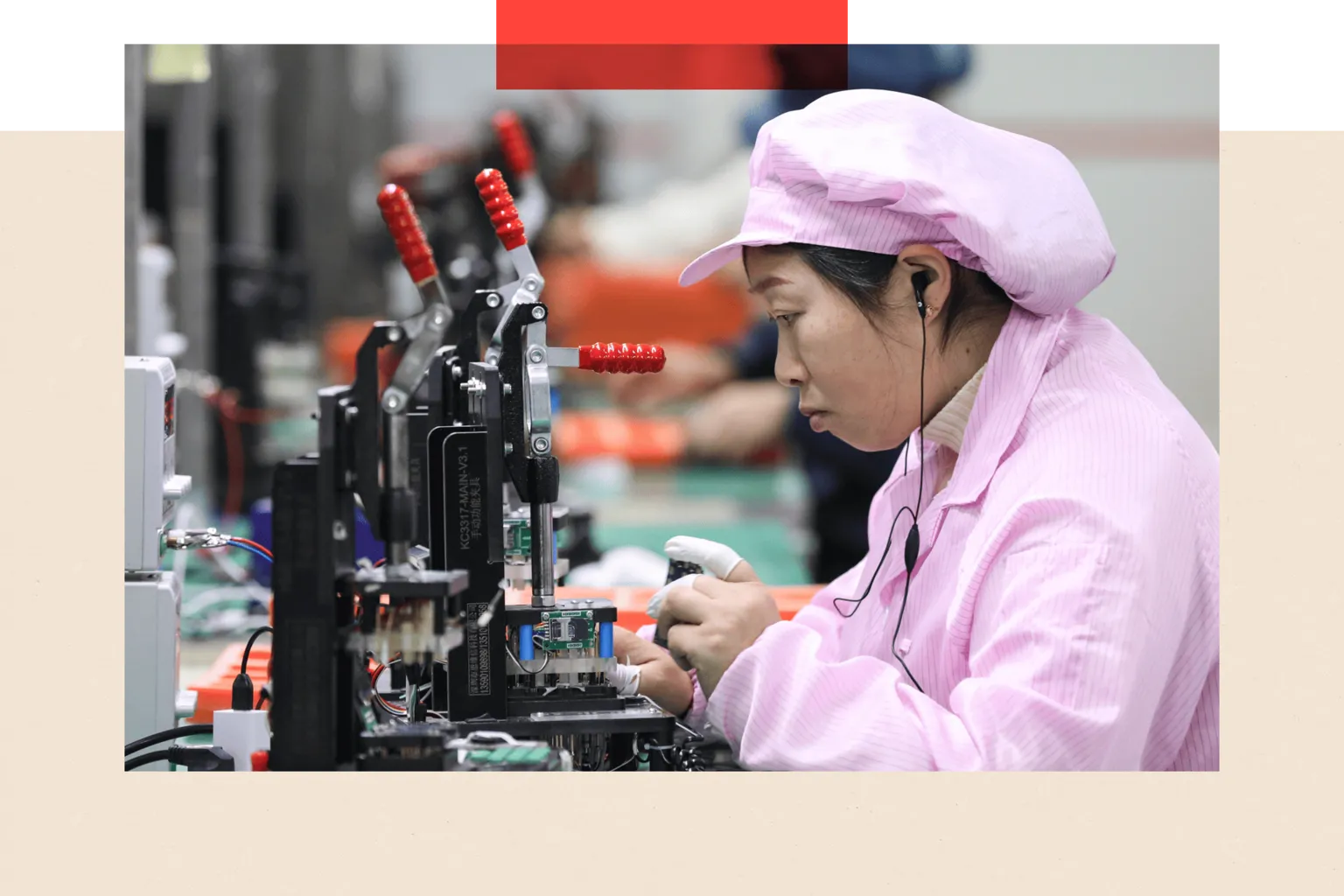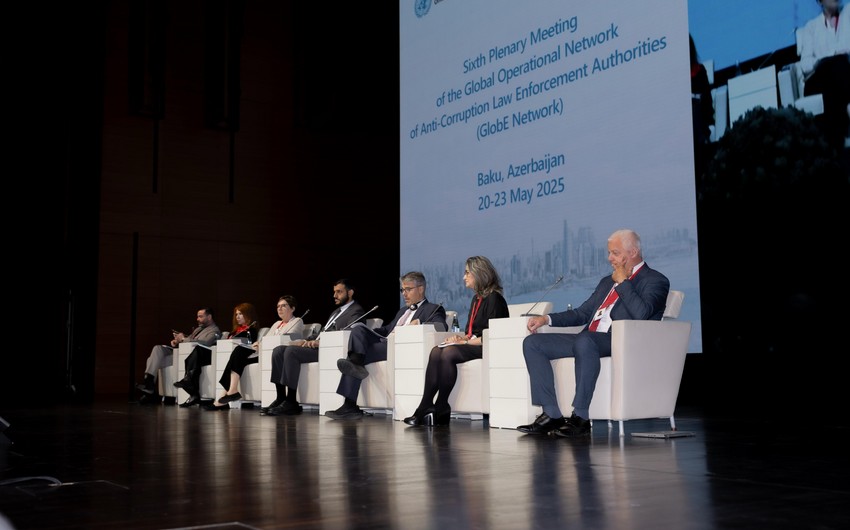The US has "dropped the ball" on chip manufacturing over the years, allowing China and other Asian hubs to steam ahead. So said Gina Raimondo, who at the time was the US Commerce Secretary, in an interview with me back in 2021.
Four years on, chips remain a battleground in the US-China race for tech supremacy, and US President Donald Trump now wants to turbocharge a highly complex and delicate manufacturing process that has taken other regions decades to perfect.
He says his tariff policy will liberate the US economy and bring jobs home, but it is also the case that some of the biggest companies have long struggled with a lack of skilled workers and poor-quality produce in their American factories.
So what will Trump do differently?
And, given that Taiwan and other parts of Asia have the secret sauce on creating high-precision chips, is it even possible for the US to produce them too, and at scale?
Semiconductors are central to powering everything from washing machines to iPhones, and military jets to electric vehicles. These tiny wafers of silicon, known as chips, were invented in the United States, but today, it is in Asia that the most advanced chips are being produced at phenomenal scale.
Making them is expensive and technologically complex. An iPhone for example may contain chips that were designed in the US, manufactured in Taiwan, Japan or South Korea, using raw materials like rare earths which are mostly mined in China. Next they may be sent to Vietnam for packaging, then to China for assembly and testing, before being shipped to the US. It is a deeply integrated ecosystem, one that has evolved over the decades.
Trump has praised the chip industry but also threatened it with tariffs. He has told industry leader, Taiwan Semiconductor Manufacturing Company, it would have to pay a tax of 100% if it did not build factories in the US.
With such a complex ecosystem, and fierce competition, they need to be able to plan for higher costs and investment calls in the long term, well beyond Trump's administration. The constant changes to policies aren't helping. So far, some have shown a willingness to invest in the US.
The significant subsidies that China, Taiwan, Japan and South Korea have given to private companies developing chips are a big reason for their success.
That was largely the thinking behind the US Chips and Science Act, which became law in 2022 under President Joe Biden – an effort to re-shore the manufacture of chips and diversify supply chains - by allocating grants, tax credits, and subsidies to incentivise domestic manufacturing.
Some companies like the world's largest chipmaker TSMC and the world's largest smartphone maker Samsung have become major beneficiaries of the legislation, with TSMC receiving $6.6 billion in grants and loans for plants in Arizona, and Samsung receiving an estimated $6 billion for a facility in Taylor, Texas.
TSMC announced a further $100 billion investment into the US with Trump, on top of $65 billion pledged for three plants. Diversifying chip production works for TSMC too, with China repeatedly threatening to take control of the island.
But both TSMC and Samsung have faced challenges with their investments, including surging costs, difficulty recruiting skilled labour, construction delays and resistance from local unions.
"This isn't just a factory where you make boxes," says Marc Einstein, research director at market intelligence firm Counterpoint. "The factories that make chips are such high-tech sterile environments, they take years and years to build."
And despite the US investment, TSMC has said that most of its manufacturing will remain in Taiwan, especially its most advanced computer chips.
Today, TSMC's plants in Arizona produce high-quality chips. But Chris Miller, author of Chip War: The Fight for the World's Most Critical Technology, argues that "they're a generation behind the cutting edge in Taiwan".
"The question of scale depends on how much investment is made in the US versus Taiwan," he says. "Today, Taiwan has far more capacity."
The reality is, it took decades for Taiwan to build up that capacity, and despite the threat of China spending billions to steal Taiwan's prowess in the industry, it continues to thrive.
Mədinə Məmmədova//EDnews










